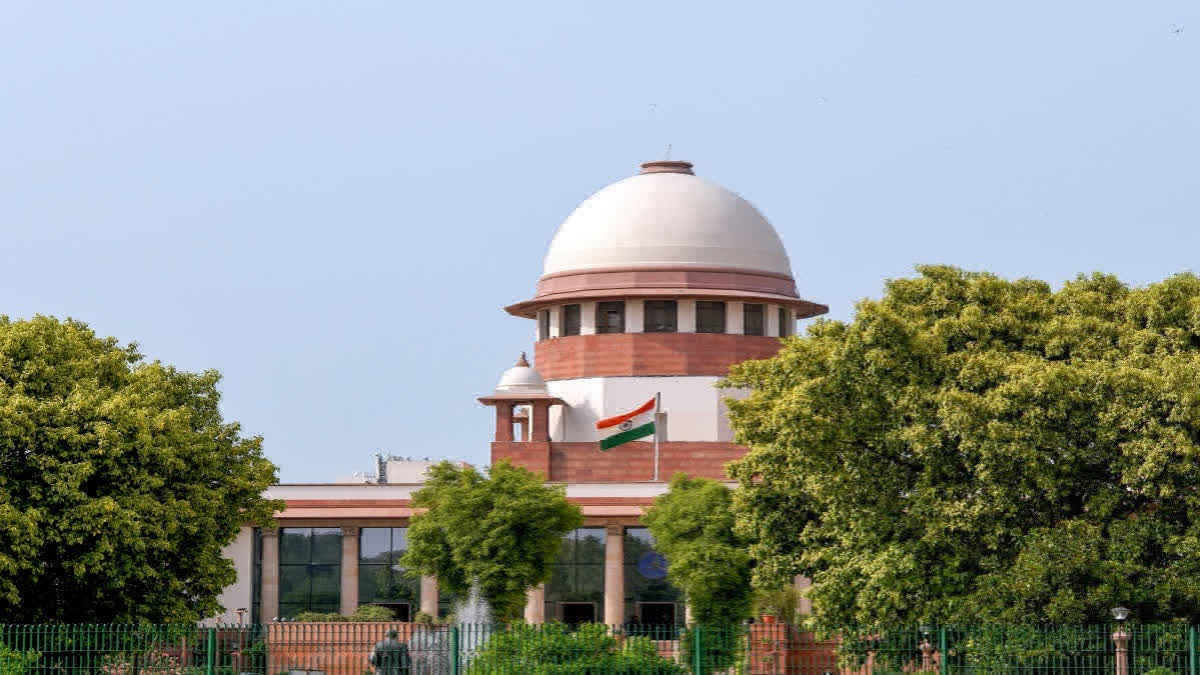Now Reading: Supreme Court Orders VC to Disclose Sexual Harassment Judgment in His Resume
-
01
Supreme Court Orders VC to Disclose Sexual Harassment Judgment in His Resume
Supreme Court Orders VC to Disclose Sexual Harassment Judgment in His Resume

The Supreme Court has directed the Vice Chancellor of the National University of Juridical Sciences (NUJS), Kolkata, to include a court judgment mentioning allegations of sexual harassment in his official resume, even though the complaint was dismissed as time-barred. The court emphasized that procedural limitations should not erase acknowledgement of wrongdoing. For academia and high offices across India—including smaller cities—it raises questions about accountability, reputation and institutional ethics.
The Case in Brief
A female faculty member at NUJS filed a complaint against the VC alleging sexual harassment, with instances cited from April 2023. The complaint was made officially in December 2023, past the six-month time limit under the relevant law, so by procedure the case was dismissed for being time-barred. The court accepted the procedural dismissal but focused on preventing the misconduct from being forgotten in public record.
What the Supreme Court Ruled
While acknowledging that the law sets a time limit for filing complaints, the Supreme Court said that even in such cases, institutions and individuals in leadership positions must face consequences in terms of public record. The court held that the VC must mention the judgment in his resume so that the formal finding is not hidden. It stated that forgiving wrongdoing does not mean forgetting it.
Why Transparency Matters
Transparency becomes especially important in universities and public institutions because they are supposed to be model spaces of justice and fairness. When allegations surface against heads of institutions, even procedural dismissals leave a mark. For students, faculty and the public, knowing about judgments—even when technicalities prevent other action—helps keep trust alive. In smaller colleges or Tier 2 cities, where people often depend on reputation and less formal checks, such disclosures could be a strong deterrent.
Reactions & Implications
Some view the judgment as a step forward in holding powerful figures accountable, no matter how high their office. Others argue it could dissuade people from taking leadership roles if every allegation—even one that cannot be legally pursued—must remain forever visible in official documents. There’s a tension between preserving reputation and ensuring responsibility.
For administrators and educators, this ruling could push changes in how institutions address complaints, how they maintain records, and how policies around misconduct are enforced. It may also encourage more robust internal mechanisms to prevent harassment and ensure timely redress.
This decision underscores that processes and limitations must be respected by law, but accountability and transparency have their own place. For Indian universities everywhere—even in towns far from metro centres—it sends a message: ethical failings can’t simply be avoided by procedural rules. They must be acknowledged, documented, and owned.

























